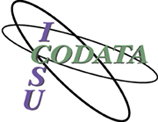International Council for Science : Committee on Data for Science and Technology
![]()
< home > < newsletter > < discussion list > < data science journal > < contact > < members area >
C O D A T A
Advancing Informatics for Microbiology
Approved by the CODATA 28th General Assembly,Taipei, 2012
Website
Background
Microbes play a key role in the material cycles of Earth. Microbes sustain the homeostasis of the planet and constitute the largest part of its biomass. Microbiologists have studied microbes for hundreds of years, producing new research insights and applications. Many industries—biomedical, agricultural, food, environmental and most recently, energy—have been created based on the different functions of microbes. As a result of this long history of research and industrialization, many microbes have been isolated, characterized and preserved (when possible) in culture collections, although the vast majority of them have yet to be discovered.
Recognizing the value of microbes and the importance of preserving them ex situ for the reproducibility of science and technology, the Organisation for Economic Co-operation and Development (OECD) published a report entitled, "Biological Resource Centres (BRCs) - underpinning the future of life sciences and biotechnology", in 2001. This seminal report pointed out the impacts of biodiversity, genomics and informatics to microbiology and the emerging BRCs and recommended that culture collections evolve toward higher BRC standards.
The developments in the past decade have been even greater than the report foresaw. Since 2001, the observational data of biodiversity have increased very much, sequence data have increased explosively and the capabilities and uses of information technologies have expanded greatly. Therefore, microbiology has also become a data science. BRCs also have to function as data and information repositories to serve CODATA Task Group on Advancing Informatics for Microbiology (TG-AIM) 2 academia, industry and the public. In the age of microbial data diversification and explosion, this proposed CODATA Task Group on Advancing Informatics for Microbiology (TG-AIM) would focus on developing an effective information environment that promotes and sustains microbial research data activities, sharing and use to help advance progress and bridge the gaps within and outside the microbiology communities.
As of early 2011, 586 culture collections in 68 countries have registered in WDCM, submitting 224 online catalogues of cultures including 1.7 million strains. A large amount of microbial resource information, however, remains unregistered and not online. Each culture collection is independently responsible for the maintenance of its own cultured microbes. At present, there is no existing uniform data and information sharing and collecting mechanism, which hinders both the management and statistics of world microbial resources and the potential users’ query and retrieval of information. Therefore, developing a digital, online resource sharing mechanism is an urgent need and a foundational premise for good information management. This should include a mechanism for improving the sharing of microbial strains and pertinent related information, the ability for users to provide feedback after the resource sharing, appropriate intellectual property rights, and other characteristics identified by the Task Group. Moreover, we plan to involve and coordinate experts within the WDCM and outside to formulate data standards. These standards should include the data acquisition process, data quality control, data specification and other requirements for meaningful data sharing. We plan to issue, on behalf of WDCM and CODATA, a global microbiological data and information sharing mechanism and interchange standards.
Objectives
- Improvement of interoperability of microbial data and information between microbial research groups and culture collections to promote the access and use of data and information.
- Help coordinate international cooperation with more than 500 microbiological culture collections from 68 countries for data and information preservation and access projects.
- Provide training and education to promote application of cutting-edge information technology (IT) for this microbial resource information system.
- Organize workshops and conferences focused on IT, data and information management, intellectual property and other relevant issues to help promote data activities in various sectors of research and applications.
Membership
Name |
Area of Expertise |
Institution and Post |

Juncai Ma (Chair) |
Director of Information Network Center Director of WDCM |
Institute of Microbiology, Chinese Academy of Sciences (CAS), China |

Hideaki Sugawara (Co-Chair) |
Former Director of WDCM |
National Institute of Genetics, Japan |

Kevin McCluskey (Co-Chair) |
Bioinformatics |
Fungal Genetics Stock Center, School of Biological
Sciences, University of Missouri- Kansas City, USA |
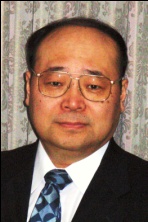
Hideharu Anazawa |
Industrial Biotechnology |
Research & Development Department, Japan Bioindustry Association, Japan |
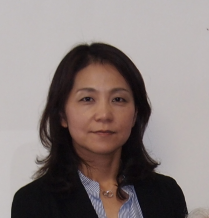
Hiroko Kawasaki |
Microbiology |
NBRC, National Institute of Technology and Evaluation(NTIE), Japan |
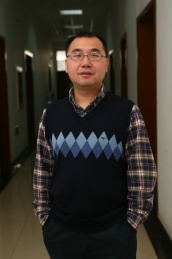
Jianhui Li |
Information Technology |
Computer Network Information Center, Chinese Academy of Sciences, China |

Ken Kurokawa |
Bioinformatics |
Department of Bioinformation, School and Graduate School of Bioscience and Boitechnology, Tokyo Institute of Technology, Japan |
 Peter Dawyndt |
Database in Microbial Resources |
Department of Applied Mathematics and Computer Science, Ghent University, Belgium |

Philippe Desmeth |
Management and Policy, President of WFCC |
The Belgian Co-ordinated Collections of Micro-organisms (BCCM), Belgium |

Scott Edward Baker |
Application of genetic, genomic and proteomic strategies in fungal biology |
Environmental Molecular Sciences Laboratory, Pacific Northwest National Laboratory, Richland, Washington |
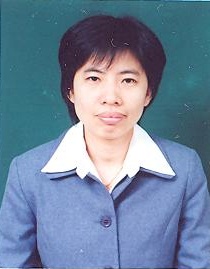
Supawadee Ingsriswang |
Information system of microbial resource |
BIOTEC Culture Collection, National Center for Genetic Engineering and Biotechnology, Thailand |

Vincent Robert |
Bioinformatics |
CBS Fungal Diversity center, The Netherlands |
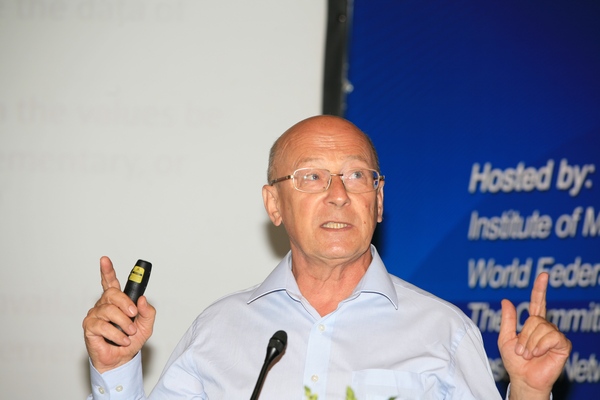
Vasilenko Alexander |
Microbiology |
All-Russian Collection of Microorganisms (VKM), Russia |
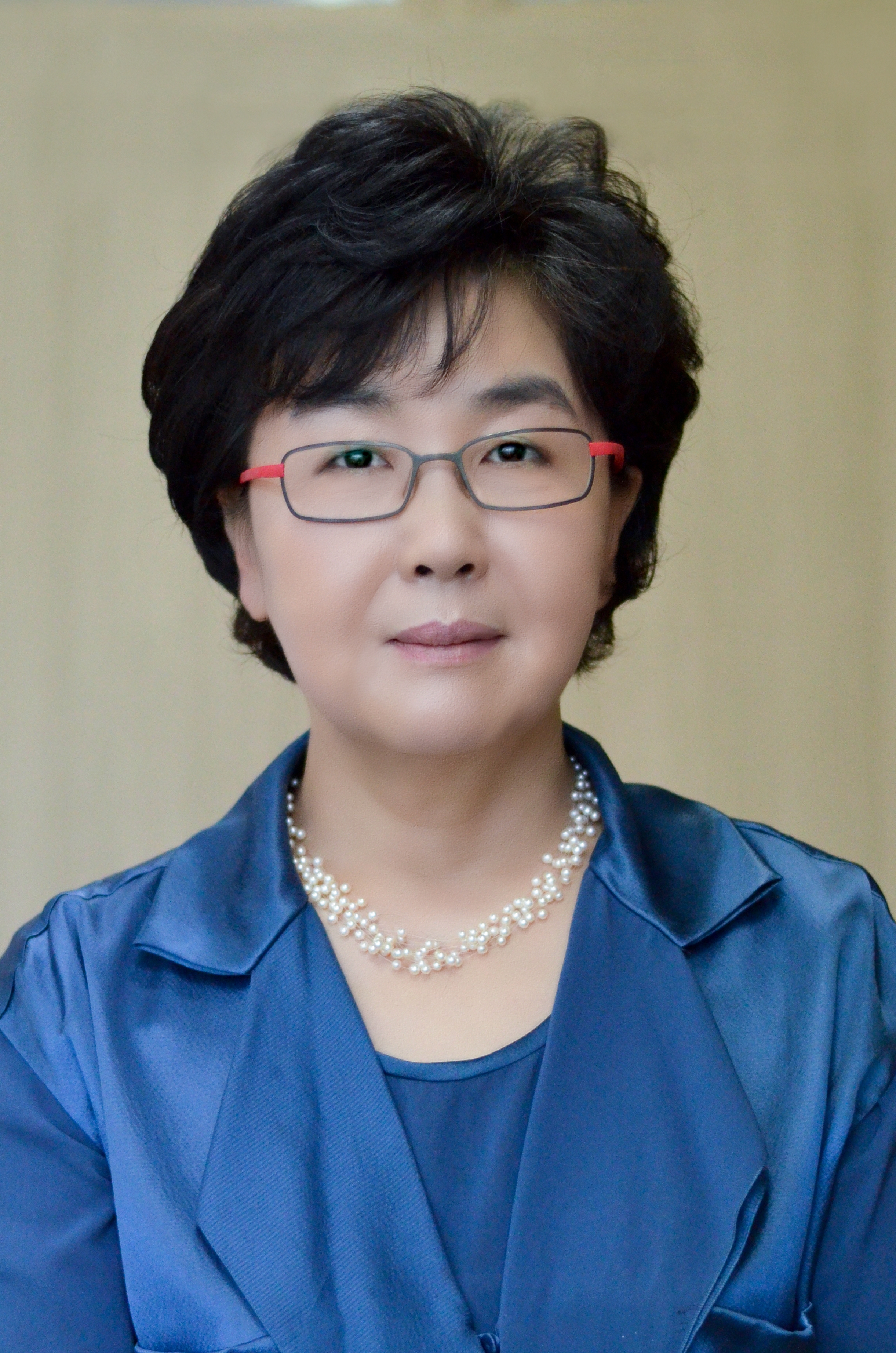
Yeonhee Lee |
Microbiology |
Korea National Research Resource Center (KNRRC), Korea |

Yuguang Zhou |
Microbial resource preservation and utilization |
China General Microbiological Culture Collection Center, China |

Linhuan Wu (Secretary) |
Bioinformatics |
Institute of Microbiology, Chinese Academy of Sciences (CAS), China |
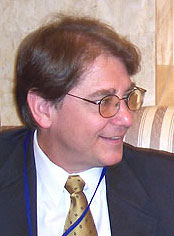
Paul F. Uhlir (Consultant) |
Director, U.S. National Committee for CODATA and Board on Research Data and Information |
National Academy of Sciences, Washington, DC, USA |
Recent Activities of the Task Group
(1) Global Catalogue of Microorganisms project:
The increasing demands on culture collections for authenticated, reliable biological material and associated information have paralleled the growth of biotechnology. WFCC Global Catalogue of Microorganisms (GCM) is expected to be a robust, reliable and user-friendly system to help culture collections to manage, disseminate and share the information related to their holdings. It also provides a uniform interface for the scientific and industrial communities to access the comprehensive microbial resource information. http://gcm.wfcc.info/
(2) The symposium of World Data Center for Microorganisms
http://www.wdcm.org/wdcm2012.html
(3) WDCM Asian Training Course on Management and Application of Microbial Data Resources
http://www.wdcm.org/trainingcourse.html
Achievements and Impacts of the Task Group Activities
- Best practices and data standards for microbial resource data and information will be established, which are expected to promote data and information sharing between culture collections and different data holders based on the same data exchange standards. The output of the TG will be essential to international and national initiatives.
- A worldwide microbial resource information team, organized by the TG-AIM, will conduct training courses in some culture collections and microbial resource groups with the goal of promoting application of cutting-edge IT and information management practices in the microbial resource information system.
- The TG-AIM will work with the WFCC, a cooperative network of almost 600 culture collections and research units around the world, to design and implement a digitally networked information environment for the preservation and exploration of microbes.
Working to improve the quality, reliability, management and accessibility of Data for Science and Technology
| home
| about
| codata membership
| resources
| task and working groups
|
| archives | newsletter | contact
| members area |
| ![]() | RSS Feed subscription instructions |
| RSS Feed subscription instructions |
